Last week the University of Sydney announced that it would avoid taking an official position on the Voice to Parliament. But the message was clearly not received by the faculties, which took matters into their own hands, piercing the university’s thin veneer of neutrality.
The University’s School of Chemistry has backed a ‘Yes’ vote and displays pro-Voice advertising on screens around the school. The School of Geosciences made a submission to a parliamentary inquiry in April expressing support for the Voice. The Faculty of Science and the Faculty of Medicine and Health are both expected to release statements supporting the Voice in the next few weeks. Neutrality be damned!
Although the University of Sydney’s announcement that it would not issue an edict on the Voice is commendable, it does not reflect the actions of its staff.
To date, more than half of the nation’s 42 universities have publicly backed the ‘Yes’ campaign including five of the elite Group of Eight universities. They join a long list of Australia’s publicly traded companies and major sporting codes.
Although it is one thing for private companies and sporting bodies to support the Voice, much to the chagrin of many shareholders and supporters, it is quite another for universities to do so.
The core purpose of higher education is to impart knowledge and hone the mind through debate and intellectual challenge. This mission is necessarily compromised when universities adopt and promote a position on contentious political issues.
It is telling that each institution that has officially endorsed the Voice to Parliament has done so while also insisting they still support free speech. This only demonstrates the validity of the concerns many have about free speech on campus and the threat of reprisals against those who fall foul of the official policy edict of administrators. Claiming to protect free speech does not make it so, and actions speak louder than words.
The ‘important information on the Voice’ provided by the University of Sydney overwhelmingly supports the ‘Yes’ case. Videos of high-profile Voice supporters like Noel Pearson, Rachel Perkins, and Marcia Langton are strewn across the website. The Voice to Parliament Handbook, authored by Thomas Mayo and Kerry O’Brien, is also freely available to staff and students. No prizes for guessing which side of the debate this book supports.
In a similar fashion, the University of Melbourne has provided pro-Voice material through its VOICEfacts series. These videos purport to present ‘expert answers’ to questions about the Voice. However, the end product is an oversimplified analysis that conveniently glosses over key issues. For example, in a video titled ‘What will the Voice not do?’ Professor Cheryl Saunders AO says ‘there are a lot of things the Voice will not do’ and it was ‘much easier to focus on things the Voice will do’. She goes on to say the Voice will ‘advise on matters relating to Aboriginal and Torres Strait Islander people’ and that this is a ‘broad’ but not ‘unlimited’ category.
This response not only avoids the question but is, at the very least, disingenuous. Universities should encourage the marshalling, consideration and rigorous debate of all the facts and viewpoints – an intellectual process that appears to be vanishing rapidly from the tertiary landscape.
If universities are genuine in their desire to encourage viewpoint diversity, then they must remain neutral on politicised issues.
The recently released IPA 2023 Free Speech on Campus Audit, found across Australia’s 42 universities there are now 77 policies or strategic commitments relating to indigenous, gender equality, and sustainability issues.
Signing up to formal institutional commitments on social justice issues may seem harmless, but it ultimately has a chilling effect on viewpoint diversity and free speech.
By promoting one side of an issue, universities attach a value judgement to it and suggest it is the superior position to hold. This summarily closes debate. Institutions that adopt an ideological mantra as an institutional goal are in clear conflict with the principles of free inquiry. A university cannot be simultaneously dedicated to an ideology and open to challenging perspectives.
In the context of the Voice referendum, a university that supports free speech would have to promote both the ‘Yes’ and ‘No’ case equally – showing no obvious partiality to one or the other. The Universities of Melbourne and Sydney (at a faculty level) have chosen to walk in the opposite direction, providing institutional support for one side of a highly controversial public policy debate.
The University of Sydney acknowledges that historically it has not taken an institutional position on contentious societal matters, such as the 1967 referendum and the marriage equality debate. It is to the university’s credit that it has not departed from this more neutral approach. However, the decisions of individual faculties to affirm their support for the Voice is indicative of a sector-wide trend that is turning universities into activism hubs rather than institutions of higher learning.
While Australian universities will claim speech is not being censored on campus, by supporting the ‘Yes’ case they are definitively positioning themselves in opposition to the ‘No’ case.
The University of Chicago’s Statement on Principles of Free Expression notes that, ‘Free inquiry is indispensable to the good life, that universities exist for the sake of such inquiry and without it they cease to be universities.’ As society becomes increasingly politicised, universities must remember that their role is to facilitate debate and discussion, not promote a political agenda.
Any threat to viewpoint diversity threatens free speech, and any threat to free speech threatens democracy. Censorship of ideas on campus contributes to more polarised and rancorous political debate, as it precludes people being able to disagree with each other in a civil manner. Today’s students are tomorrow’s voters, politicians, judges, public servants, and educators. In order to encourage open and informed debate in the future, free speech must be defended on campus today.
Brianna McKee is a Research Fellow and National Manager for Generation Liberty at the Institute of Public Affairs.
Got something to add? Join the discussion and comment below.
Get 10 issues for just $10
Subscribe to The Spectator Australia today for the next 10 magazine issues, plus full online access, for just $10.

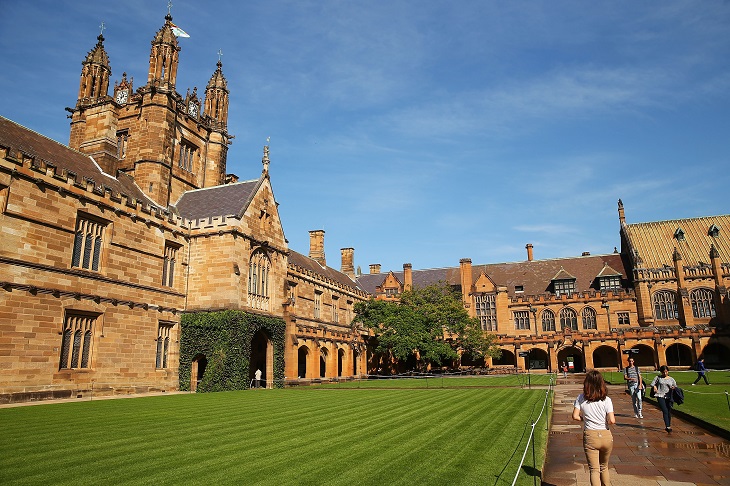
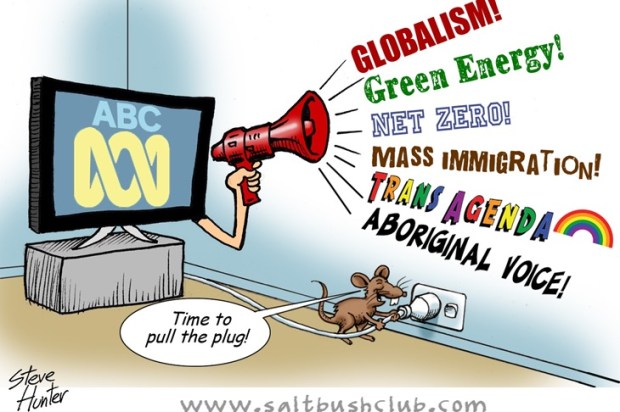

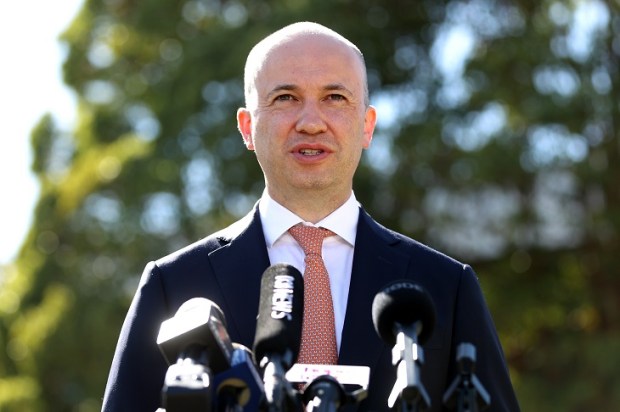
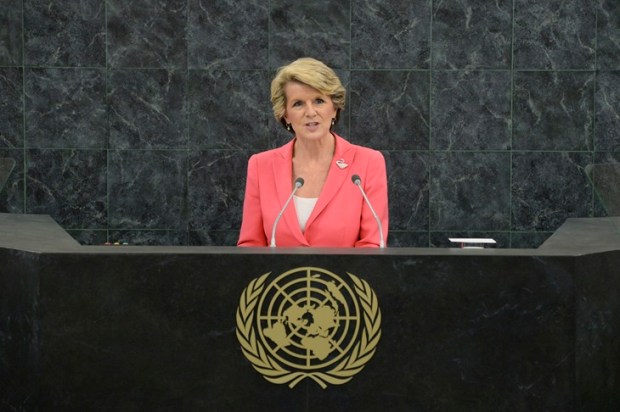









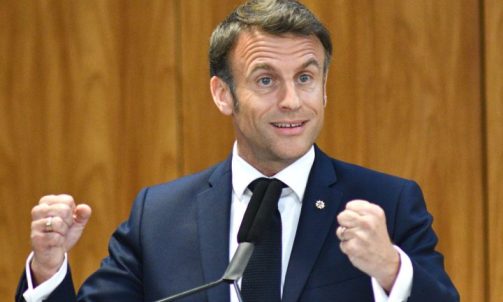
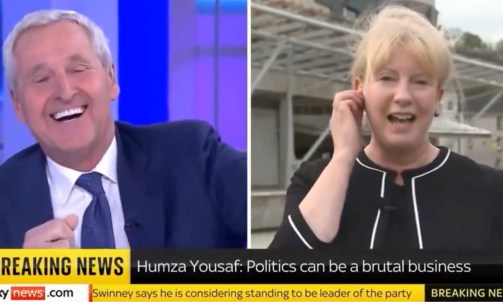
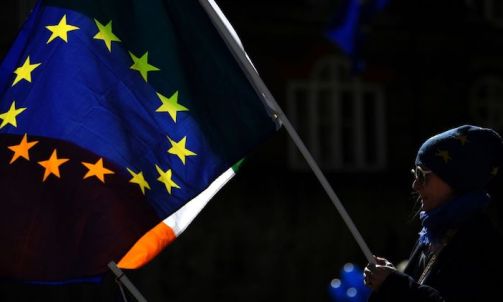

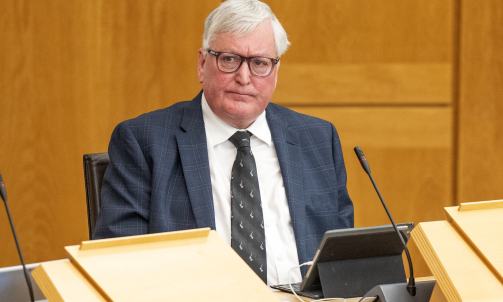






Comments
Don't miss out
Join the conversation with other Spectator Australia readers. Subscribe to leave a comment.
SUBSCRIBEAlready a subscriber? Log in